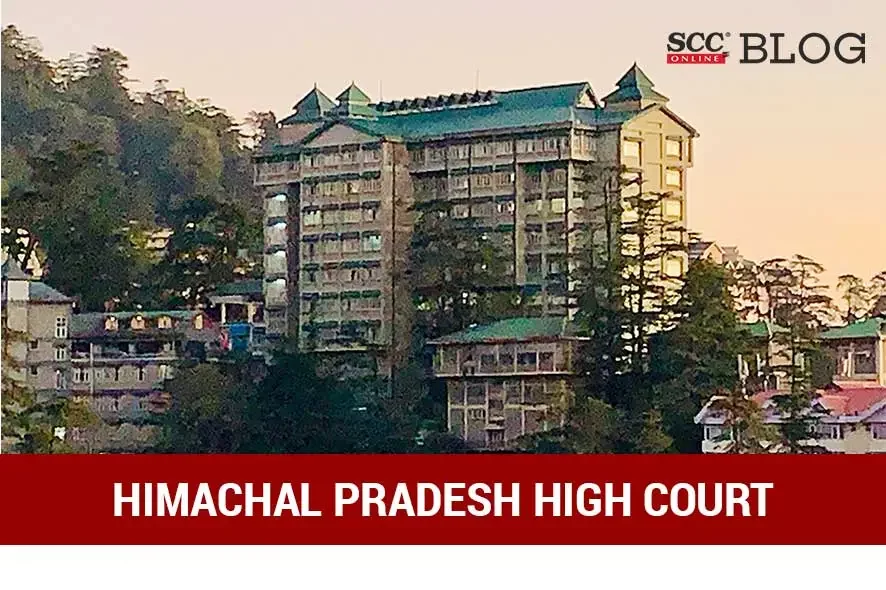Himachal Pradesh High Court: In a Writ Petition filed by the State of Himachal Pradesh (‘State-petitioner’) against the Order of the Himachal Pradesh Administrative Tribunal (‘Tribunal’) whereby, the respondent was granted the benefit of deemed maternity leave and thereafter, consequential benefit of conferment of work-charge status on completion of 8 years of service, the Division Bench of Tarlok Singh Chauhan and Virender Singh JJ., dismissed the State’s petition and said that maternity leave is a fundamental right of the respondent, which cannot be denied.
In the matter at hand, the Tribunal had passed an Order that the period of maternity leave of the respondent would be deemed to be continuous service in view of the provisions of Section 25(B)(1) of the Industrial Dispute Act. The respondent’s application before the Tribunal was allowed and the present petitioner i.e., the State was directed to consider the case of the respondent for conferment of work charge status on completion of 8 years of service within two months. Therefore, aggrieved by the Order of the Tribunal, the State filed the present petition before the Court.
The Court said that India is signatory to various International Covenants and Treaties. The Universal Declaration on Human Rights adopted by the United Nations on 10-12-1948, set in motion the universal thinking that human rights are supreme and ought to be preserved at all costs. Further, the Court considered the ‘Convention on the Elimination of all Forms of Discrimination against Women’ (CEDAW) and ‘ILO: Maternity Protection Convention 2000’ relevant for the present matter. The Court said that after years of deliberations at National and International level, the right of a woman employee for maternity leave was established as supreme with the enactment of the Maternity Benefit Act, 1961.
Further, the Court stated that every female employee and male employee whether appointed on regular basis, contractual basis, ad hoc basis, tenure/temporary basis have a fundamental right to reasonable duration of maternity leave as well as paternity leave, Child Care Leave (CCL) to promote motherhood and child-care under Article 21 Constitution of India read with Article 42 of the Constitution.
The Court referred to Municipal Corpn. of Delhi v. Female Workers (Muster Roll), (2000) 3 SCC 224, wherein the Supreme Court held that the provisions of Maternity Benefit Act, 1961 entitled maternity leave even to women engaged on casual basis or on muster roll basis daily wage and not only to those in regular employment. Further, the Court said that the object of maternity leave is to protect the dignity of motherhood by providing full and healthy maintenance to the woman and her child, maternity leave is intended to achieve the social justice to women, motherhood and childhood as both requires special attention.
The Court noted that the respondent in the present case was a daily wage woman employee at the time of advance pregnancy and said that she could not have been compelled to undertake hard labour, as it would have been detrimental not only to her health and safety but also to the health, safety and growth of her child. The Court also said that maternity leave is a fundamental right of the respondent, which could not have been denied by the State. Therefore, the Court said that the action of the State-petitioner was violative of Articles 29 and 39-D of the Constitution.
Thus, the Court dismissed the petition.
[State of H.P. v. Sita Devi, 2023 SCC OnLine HP 657, Decided on 12-06-2023]
Advocates who appeared in this case :
For the Petitioner: Senior Additional Advocate General I.N. Mehta, Senior Additional Advocate General Y.W. Chauhan, Additional Advocate General Ramakant Sharma, Additional Advocate General Sharmila Patial and Law Officer Rajat Chauhan.








